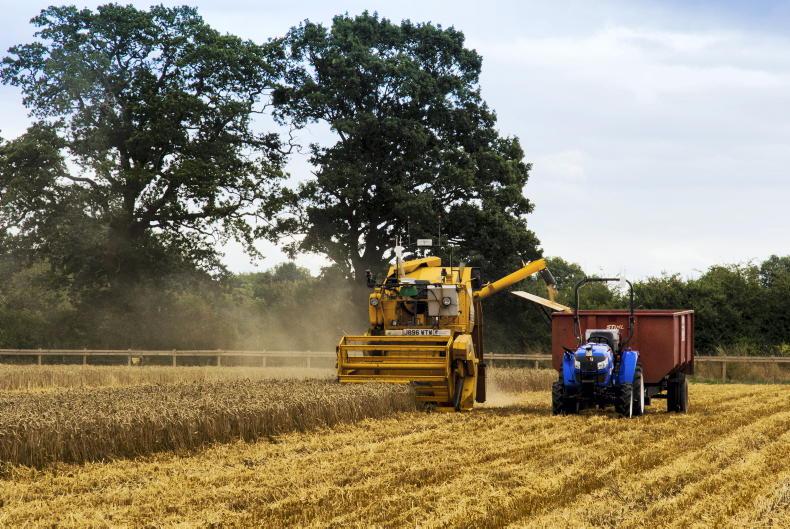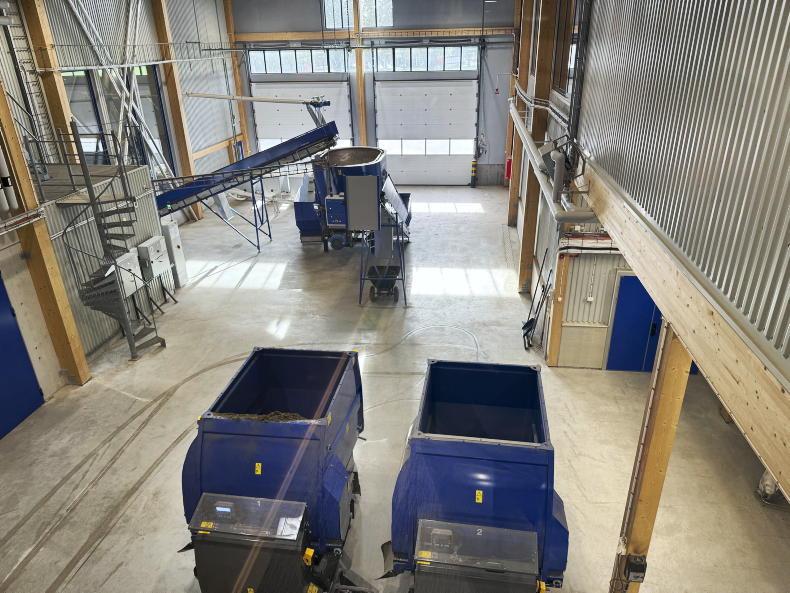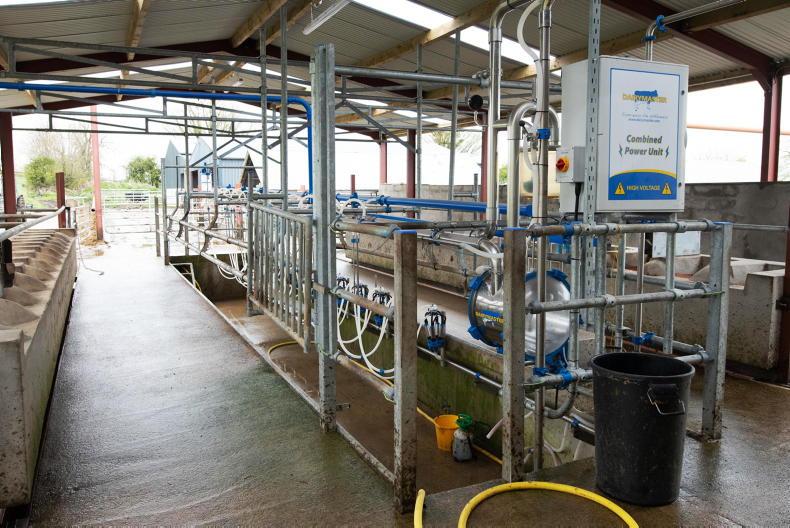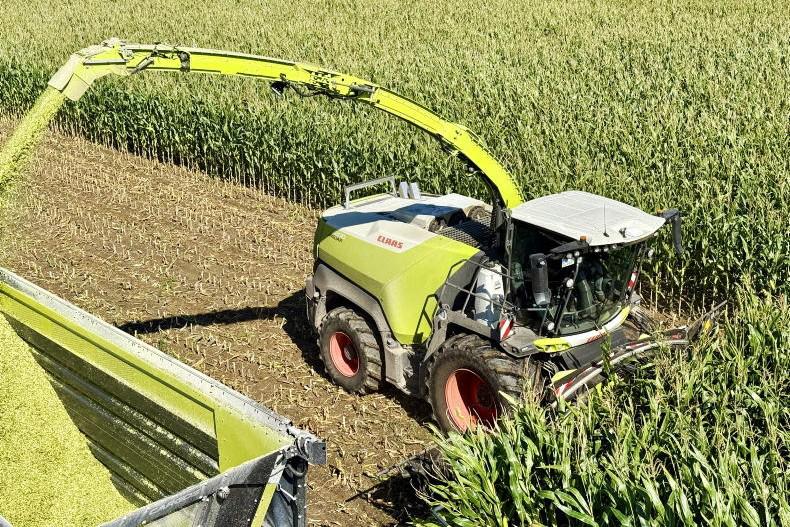Robots working on arable land will not be an unusual sight on UK farms by 2025, an agricultural engineer has predicted.
“By the middle of this decade, I will be unsurprised if I am driving through the countryside, and I see autonomous systems out there doing something,” said Kit Franklin from Harper Adams University.
Speaking to the NI Institute of Agricultural Science, Franklin said a commercial arable farm in Shropshire has recently purchased a robot which drills crops and maps the exact location of each seed.
“It then comes back through the field and weeds around the seed pre-emergence. This is pre-emergence herbicide without any herbicide,” he said.
Hands free
Franklin was behind the “Hands Free Hectare” project at Harper which started in 2017 and led to a spring barley crop being planted and harvested with no human in-field intervention. The project has progressed to become the “Hands Free Farm” where various crops are produced on a 35ha block of land using only autonomous machines.
The technology has developed significantly since the project was confined to a single, flat, square field. Several vehicles can now operate at the same time and the robots must work around trees, telegraph poles and manholes.
Smaller machinery
The autonomous vehicles are not as big as conventional machinery. For example, the farm’s drill and combine are both less than 2m wide.
Franklin predicts that machinery on UK farms will become much smaller in the future as more operations turn towards autonomous systems.
Benefits
He said this will have economic and environmental benefits as it will lead to more precise use of herbicides and fertilisers. Also, smaller machines will cause less soil compaction and are more suitable for being powered by batteries.
“Some people say this will lead to job losses, but if there are 15 or 20 tiny robots operating as a swarm in a field, then we will need people to maintain and look after them.
“I am sure there will be jobs retained and these jobs could be more attractive to a younger generation,” Franklin said.










SHARING OPTIONS